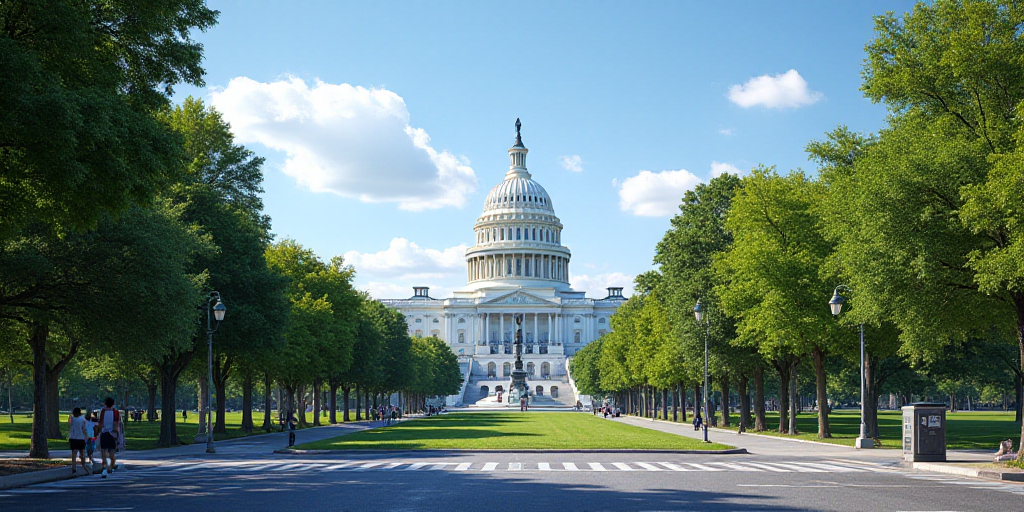Background and Relevance of Donald Trump
Donald J. Trump, the 45th President of the United States, is pushing for swift approval of his substantial tax overhaul bill. This legislation aims to fulfill some of his campaign promises, such as extending tax credits from his first term that are set to expire by the end of 2017.
Content and Implications of the Tax Bill
The Republican-controlled Congress is currently debating Trump’s colossal budgetary proposal, which has sparked controversy even among conservatives. The bill is expected to increase the federal deficit by over $4.8 trillion over the next decade, according to a congressional independent commission.
Proposed Measures and Their Impact
To partially offset this, Republicans plan to cut spending and eliminate numerous incentives for renewable energy. The bill would also affect Medicaid, a health insurance program relied upon by over 70 million low-income Americans.
- Federal spending on Medicaid is projected to decrease by more than $700 billion over the next decade, potentially leaving over 8 million Americans without health insurance by 2034.
- The largest federal food assistance program could also face a $300 billion cut.
Support for the Bill and Opposition
Jason Smith, chairman of the House Budget Committee, stated that the bill aligns with what Americans voted for: tax policies prioritizing working families and ushering in a new era of prosperity for the United States.
However, the bill faces internal strife. Some conservatives demand more cuts, while moderates seek less reduction, particularly in healthcare coverage. Democrats argue for social welfare provisions and harshly criticize the tax cuts, which they claim primarily benefit the wealthy at the expense of the middle class.
Key Provisions of Trump’s Tax Bill
Among other things, Trump advocates for a four-year pause on taxes related to tips, overtime pay, and interest on U.S.-made car loans.
- He also proposes significant tax increases on subsidies for certain universities like Harvard, Yale, and Princeton.
- Furthermore, he advocates for a drastic reduction in clean energy tax credits.
Debate and Voting Process
Marathon debates are ongoing, potentially extending into late night hours and continuing into Wednesday before a full House vote next week.






